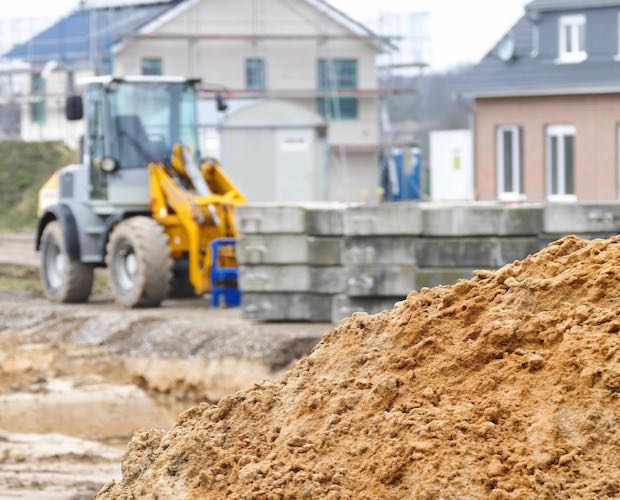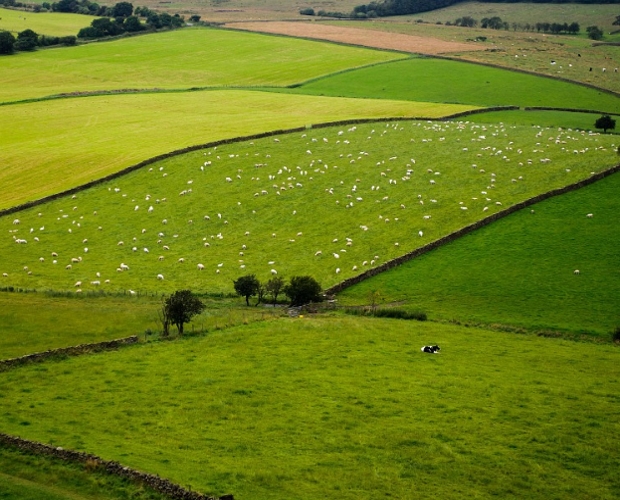T: 01822 851370 E: [email protected]
The Guardian reports that the new levelling up secretary to refocus planning proposals in favour of less developed regions Michael Gove will instruct his Levelling Up department to boost homebuilding in the north of England, after widespread concerns that previous...
The Telegraph reports that Conservative Chairman, Oliver Dowden, used his inaugural address at the Conservatives’ conference in Manchester to signal that concerns about planning reforms had been heard and reassured that new laws will prevent the countryside being “despoiled by...
The Times reports that the government is reportedly backtracking on its commitment to overhaul planning laws in order to accelerate infrastructure projects with a target of building 300,000 homes a year in England, following criticism from southern voters and MPs,...
Farming UK reports that according to Strutt & Parker, there is significant potential in the rural sector for farmers and landowners to diversify The land specialists believe that rural sector has only scratched the surface of its potential when it...
A proposed Freshwater development has been reduced after objectors feared the ‘destructive’ effect it could have on their quiet cul-de-sac, according to the Island Echo Nearly 50 objections against the greenfield development have been posted, due to fears of increased...
There has been a 129 per cent increase in developments planned on greenfield land, putting them at risk of ‘rapid and reckless’ projects, according to new data from the Campaign to Protect Rural England (CPRE) In its Beauty Still Betrayed...
NEWSLETTER
Sign up to receive all our latest news and updates.
HOT TOPICS
Amid reduced public spending, fair resource allocation across regions is crucial. Despite a population larger than Greater London, rural areas receive significantly less funding for essential services, even though delivering these services in rural areas is more expensive.
Economic growth is widely acknowledged as essential for national wealth and prosperity and is a priority for political parties. Rural economies, employing millions and home to a higher proportion of small businesses, have potential for growth if barriers are removed.
Rural residents face distinct healthcare challenges, including limited access to transport, longer distances to medical facilities, an aging demographic, housing inadequacies, digital connectivity gaps, and difficulties recruiting health and care workers.
Rural communities are grappling with a severe affordable housing crisis, marked by high house prices, a lack of affordable housing, elevated living costs, and lower incomes, threatening their sustainability and vitality.
Transport is vital for the quality of life and economic health of rural areas, yet it faces challenges such as infrequent public bus services and less Government funding compared to urban regions.
Rural areas, encompassing a substantial portion of England's population and land, play a pivotal role in combating climate change and achieving the net zero target.
In an increasingly digital world, the lack of robust digital infrastructure in rural areas severely limits access to crucial services and stifles economic growth.
A future-focused vision for rural communities involves not just building the right homes in the right places but also ensuring thriving, sustainable communities.
SIGN UP TO OUR NEWSLETTER
Sign up to our newsletter to receive all the latest news and updates.







